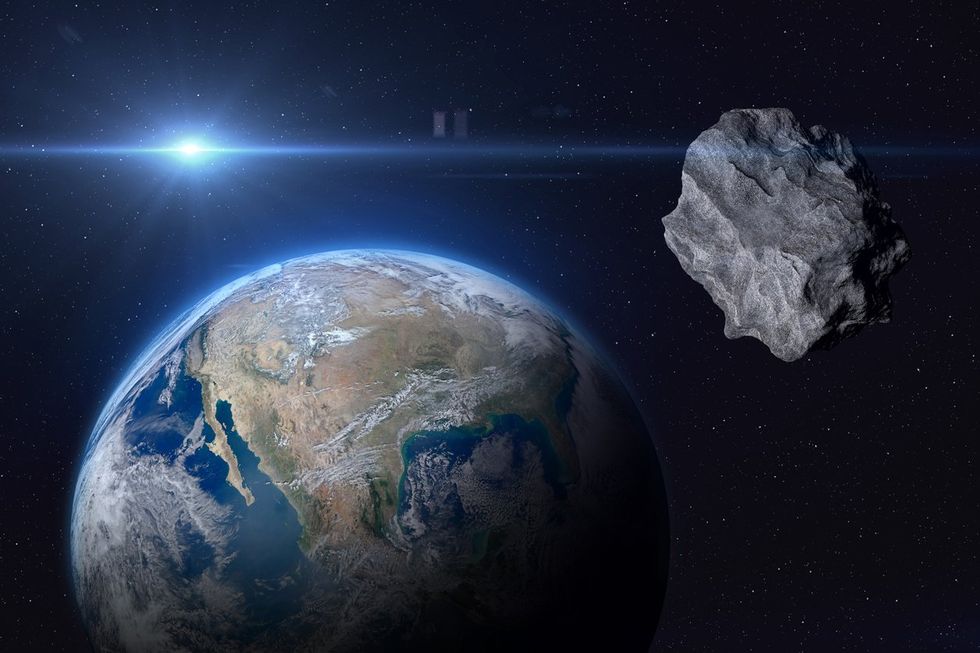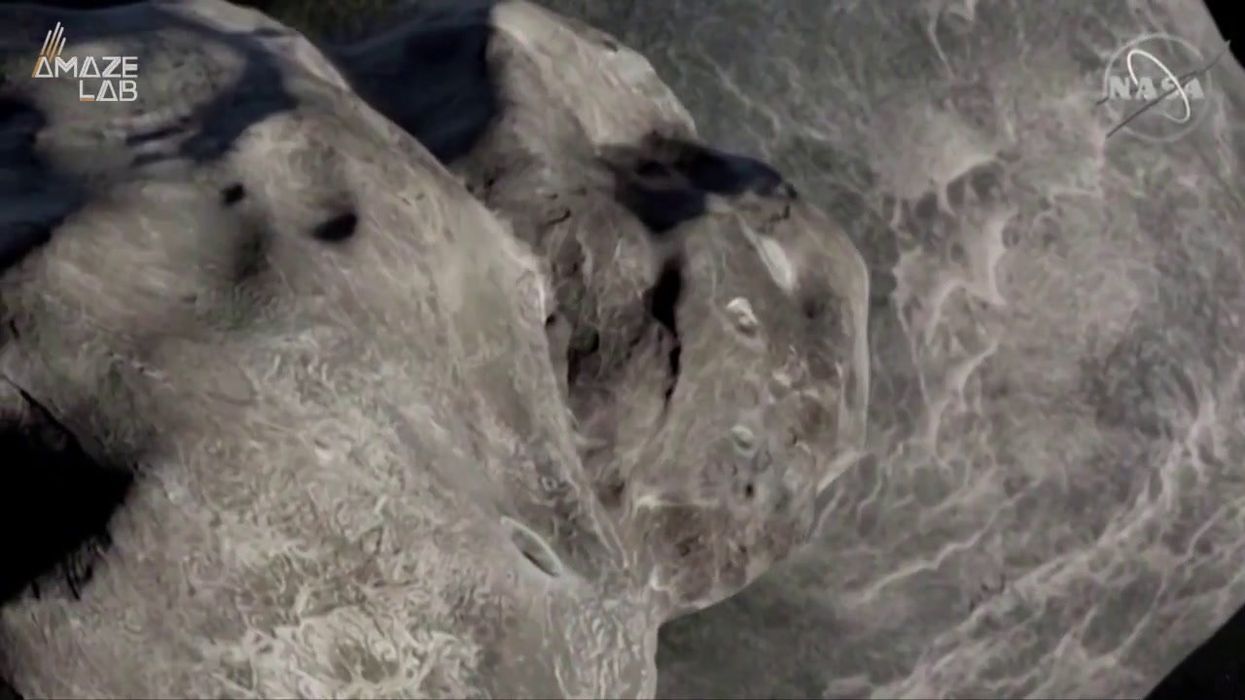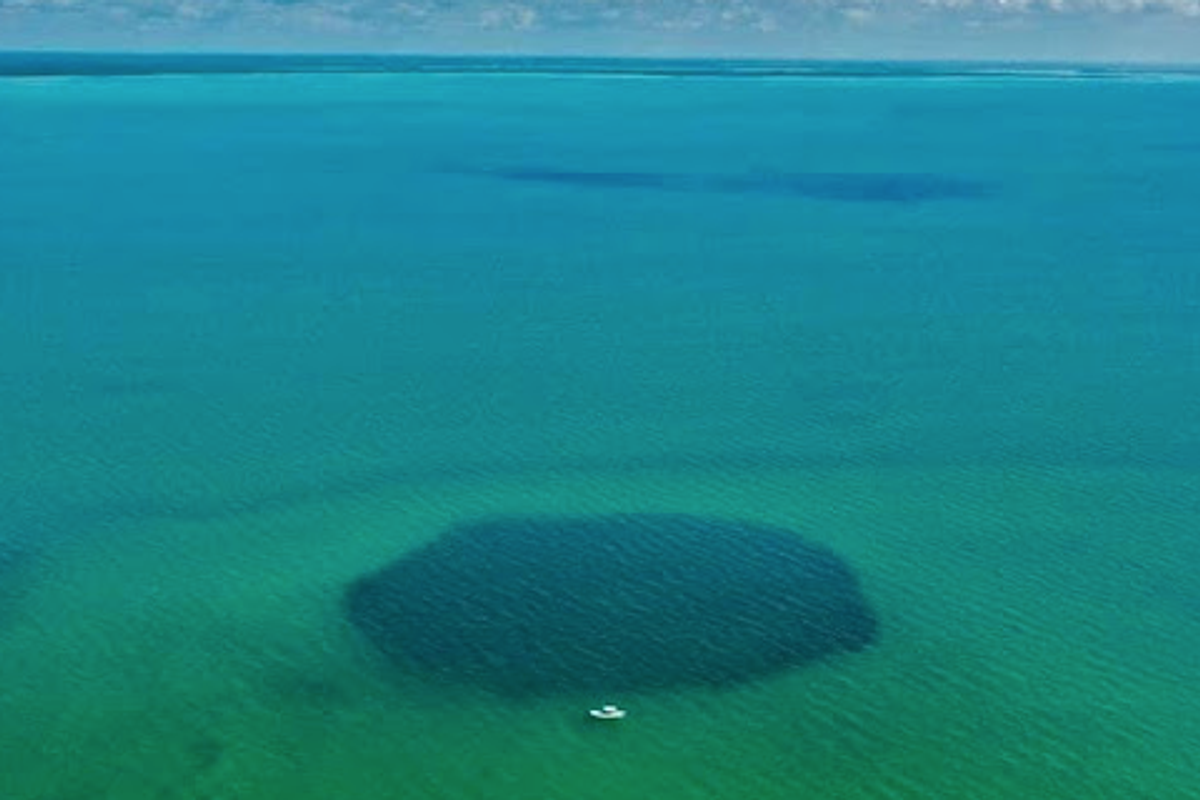Science & Tech
Alex Daniel
Aug 02, 2023
NASA’s DART Mission Cleaved Dozens of Boulder-Sized Rocks from Dimorphos Asteroid
content.jwplatform.com
Scientists think they have come up with a new approach to mitigating global warming: put up a giant “umbrella” in space to protect the Earth from excess sunlight.
István Szapudi, an astronomer at the University of Hawai’i Institute for Astronomy, said a workable design for a solar shield could be ready in decades.
“In Hawai’i, many use an umbrella to block the sunlight as they walk about during the day. I was thinking, could we do the same for Earth and thereby mitigate the impending catastrophe of climate change?” he said.
Sign up to our free Indy100 weekly newsletter
According to ongoing temperature analyses, the average global temperature on Earth has increased by at least 1.1 Celsius since the Victorian era. It has led scientists to pursue new ways of reducing the effects of climate change.
The solar shield plan would require an exceptionally large structure to prevent solar radiation, and it would need to be heavy enough not to blow away. Therefore, the study published recently in the journal PNAS proposes using a captured asteroid as a counterweight.

Researchers said they wanted the “umbrella” to reduce the impact of solar radiation on Earth by about 1.7 per cent to prevent a catastrophic rise in global temperatures.
Using a tethered counterbalance, such as an asteroid, would reduce the weight of the shield to 3.5m tons. That is light as a feather compared to previous estimates without a counterweight, which were about 100 times heavier.
Even the largest rockets in operation today can only lift about 50 tons to a low Earth orbit, however.
Looks like we’ve got a little time to wait before we get our giant interplanetary parasol.
Meanwhile, earlier this year it was revealed that an 'unknown' number of ‘invisible asteroids’ could be heading to Earth, and now steps are being taken to detect them. Some of the biggest asteroids are impossible to detect, despite carrying real threat to human life.
Have your say in our news democracy. Click the upvote icon at the top of the page to help raise this article through the indy100 rankings.
Top 100
The Conversation (0)














